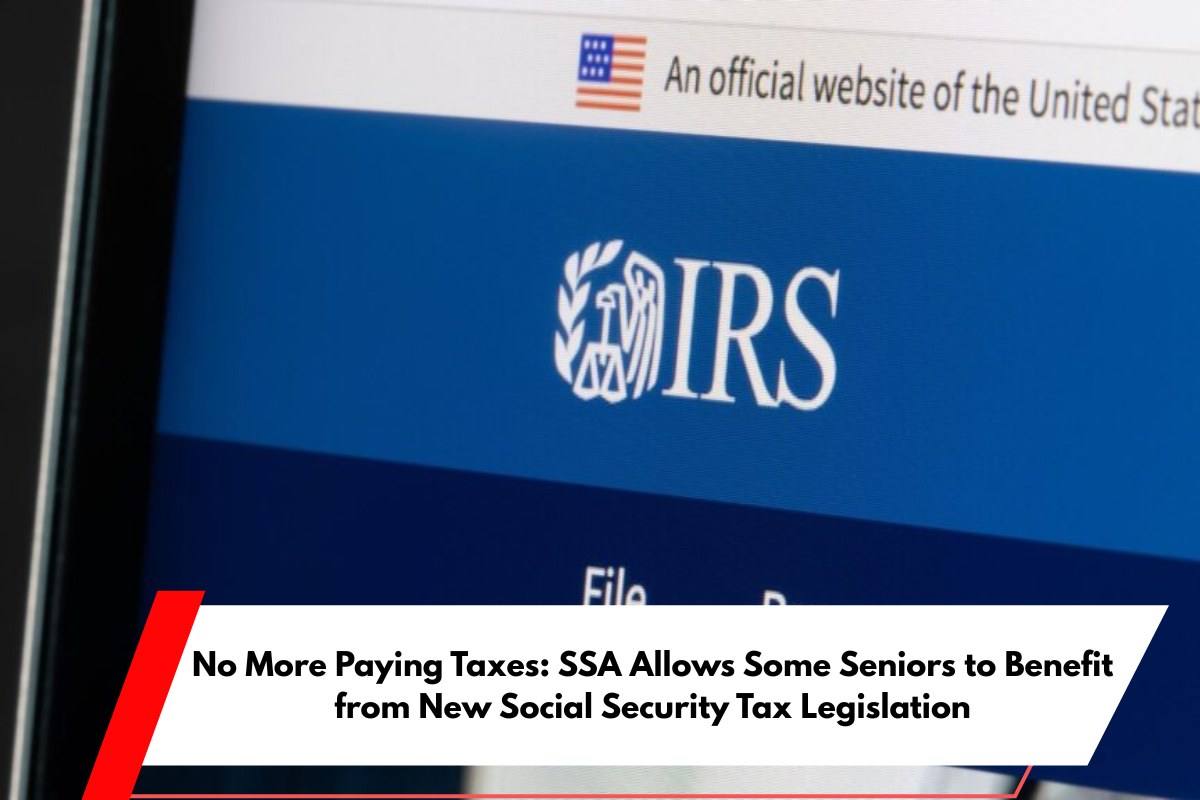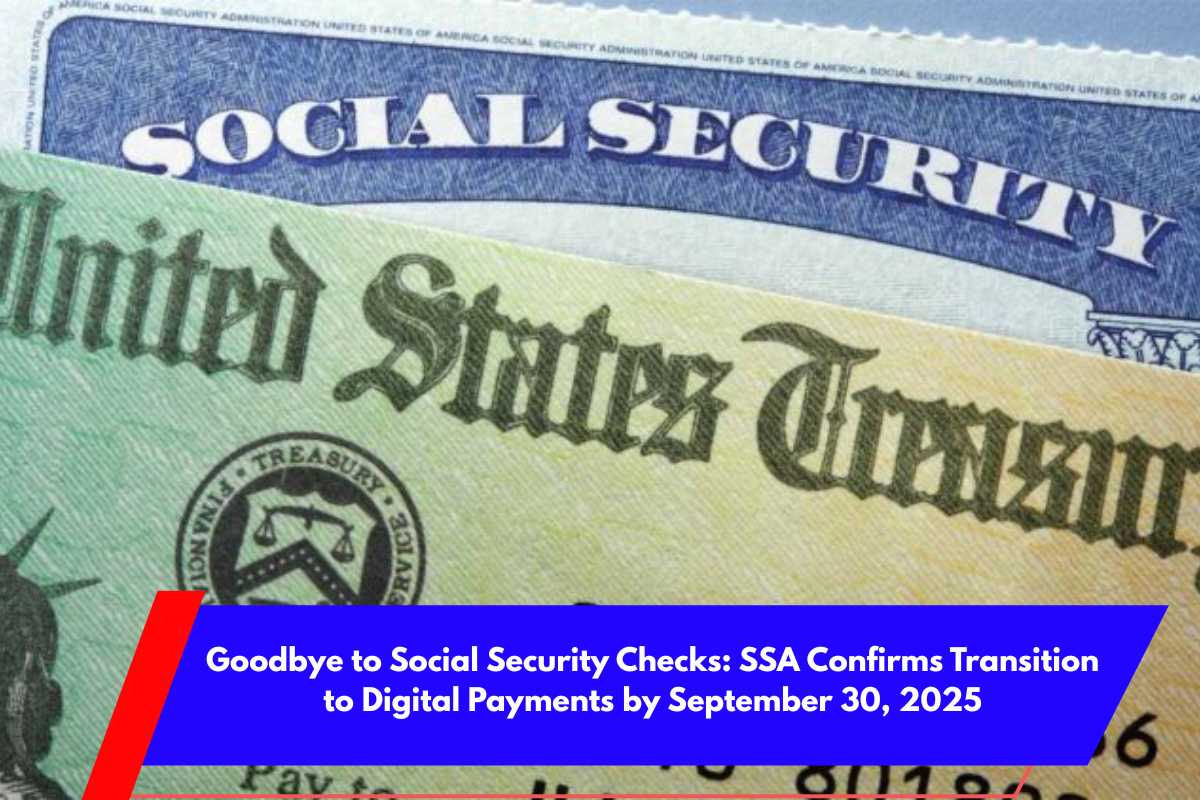A new law introduced by the Trump administration promises some tax relief for retirees starting in 2025. The legislation has sparked headlines by offering a potential reduction in taxes for millions of seniors. However, while the idea of eliminating taxes on Social Security benefits sounds appealing, the reality isn’t quite as straightforward.
What Does the Legislation Really Say?
The new legislation passed by both the House of Representatives and the Senate provides a temporary tax deduction for people over 65, but it doesn’t eliminate taxes on Social Security benefits entirely. The deduction is not directly tied to Social Security income; instead, it’s related to the taxpayer’s overall income.
The deduction will be available from 2025 to 2029, with the Senate proposing a $6,000 deduction, and the House proposing $4,000. It is not intended to impact those with very low incomes, as these individuals typically already don’t pay taxes on their Social Security benefits. Therefore, seniors who don’t currently pay taxes will not notice a change.
Who Will Benefit from This Measure?
The new tax deduction will mainly benefit seniors with individual incomes of up to $75,000, or $150,000 for joint filers. Beyond these income thresholds, the deduction will gradually decrease.
Those who are already exempt from taxes due to low income will not see any difference, and the deduction does not apply to individuals who began receiving Social Security benefits before turning 65.
The measure is expected to benefit about 33.9 million seniors, with an average annual savings of $670 per person. However, it’s important to note that not everyone will see the same level of relief, and many seniors may be disappointed when they realize that taxes on Social Security benefits have not been fully eliminated.
The Misleading 88% Figure
The White House has claimed that 88% of Social Security beneficiaries will no longer pay taxes on their benefits, but this figure includes those who are already exempt from taxes.
In reality, the impact of the new legislation will be felt by about 33.9 million seniors, who will experience a modest increase in their income by approximately $670 annually.
Expert Opinions on the Measure
The new measure has stirred some controversy. Economists, including Garrett Watson from the Tax Foundation, have pointed out that the communication campaign around the law may be misleading.
Many retirees may believe that all taxes on Social Security benefits will be eliminated, but the relief is more limited than advertised. In essence, while there is some tax relief, it does not match the full tax exemption that was promoted.
The True Cost of Full Tax Exemption
While the idea of eliminating all taxes on Social Security benefits sounds appealing, doing so would come with a hefty price tag.
The Penn Wharton Budget Model estimates that fully eliminating these taxes would cost around $1.5 trillion in federal revenue over the next decade, which could significantly harm the Social Security system. Additionally, this move could bring forward the insolvency of the Social Security trust fund to 2032, two years earlier than expected.
According to the Congressional Budget Office (CBO), the Senate’s proposed tax plan would also add $3.3 trillion to the federal deficit between 2025 and 2034. This could exacerbate the country’s fiscal challenges, making it a controversial proposal.
How Would This Measure Be Funded?
To offset the revenue loss, the administration suggests raising revenue through tariffs. However, the CBO has warned that the proposed tariffs could slow economic growth and increase prices for vulnerable households, particularly lower-income families. While this approach could help cover some of the deficit, it comes with its own set of challenges.
Is This a Win for Retirees?
While many seniors will receive a modest tax break, this new legislation is far from a sweeping exemption or the total elimination of taxes on Social Security benefits. The measure is temporary, partial, and aimed at a specific group of taxpayers.
While it may provide some relief, it’s not the drastic change that was promised. The real question is whether the temporary benefits are worth the long-term costs, both for seniors and the broader economy.












